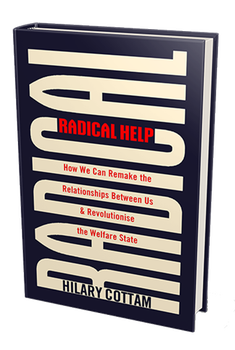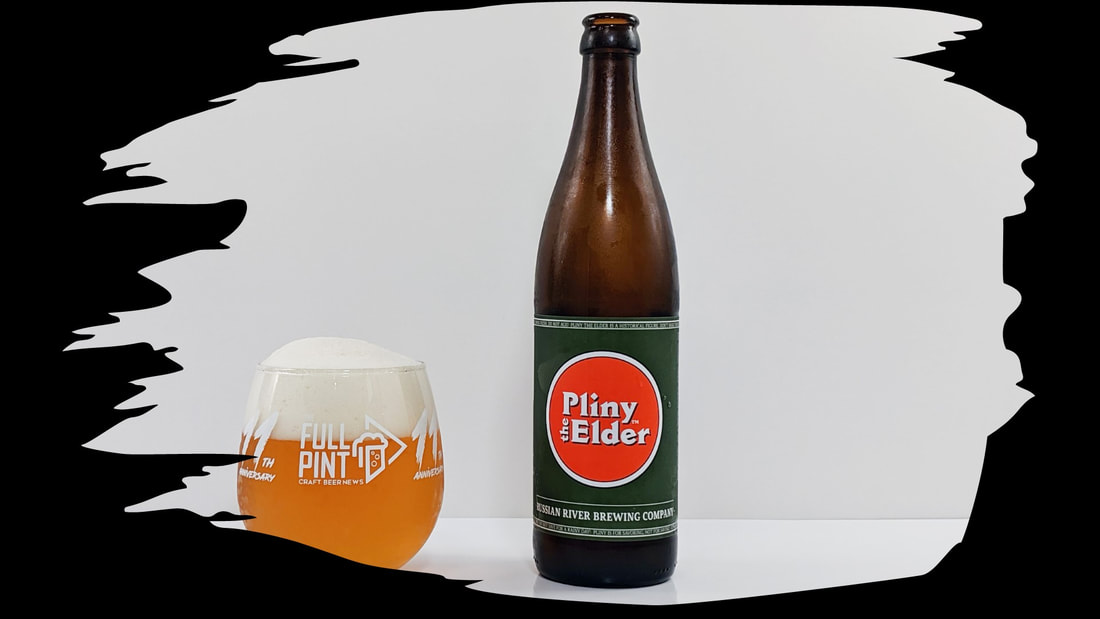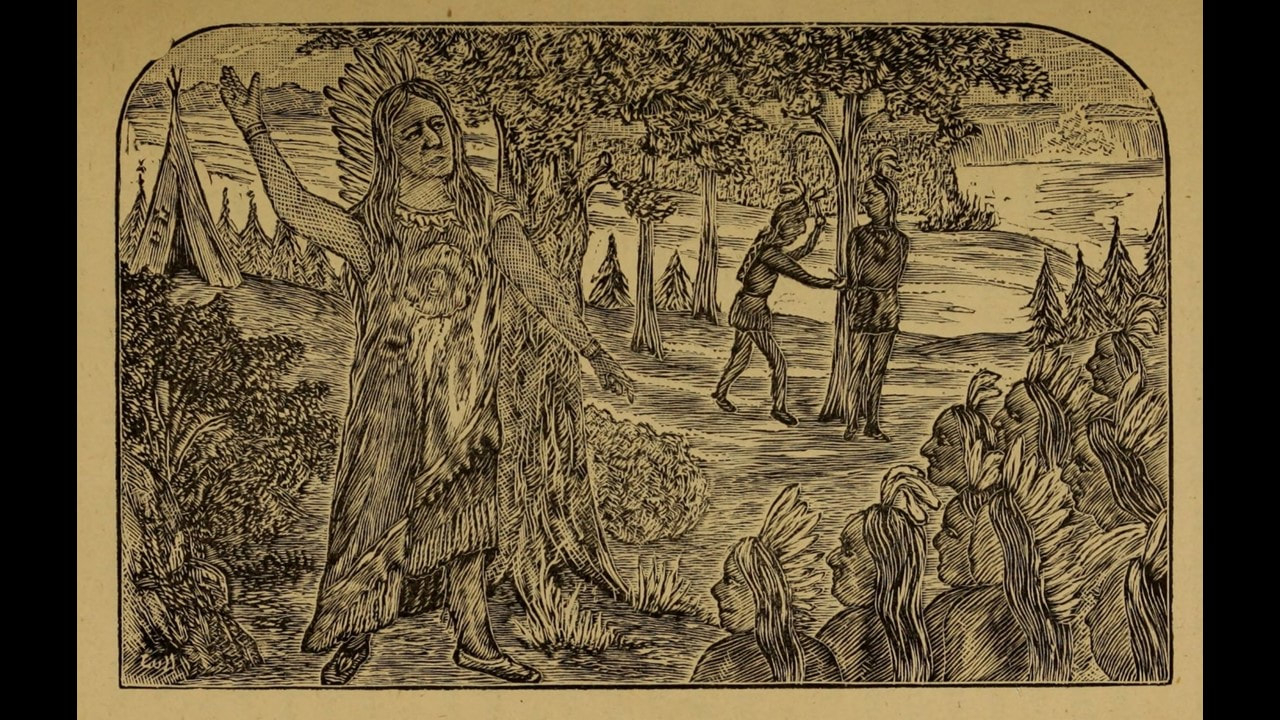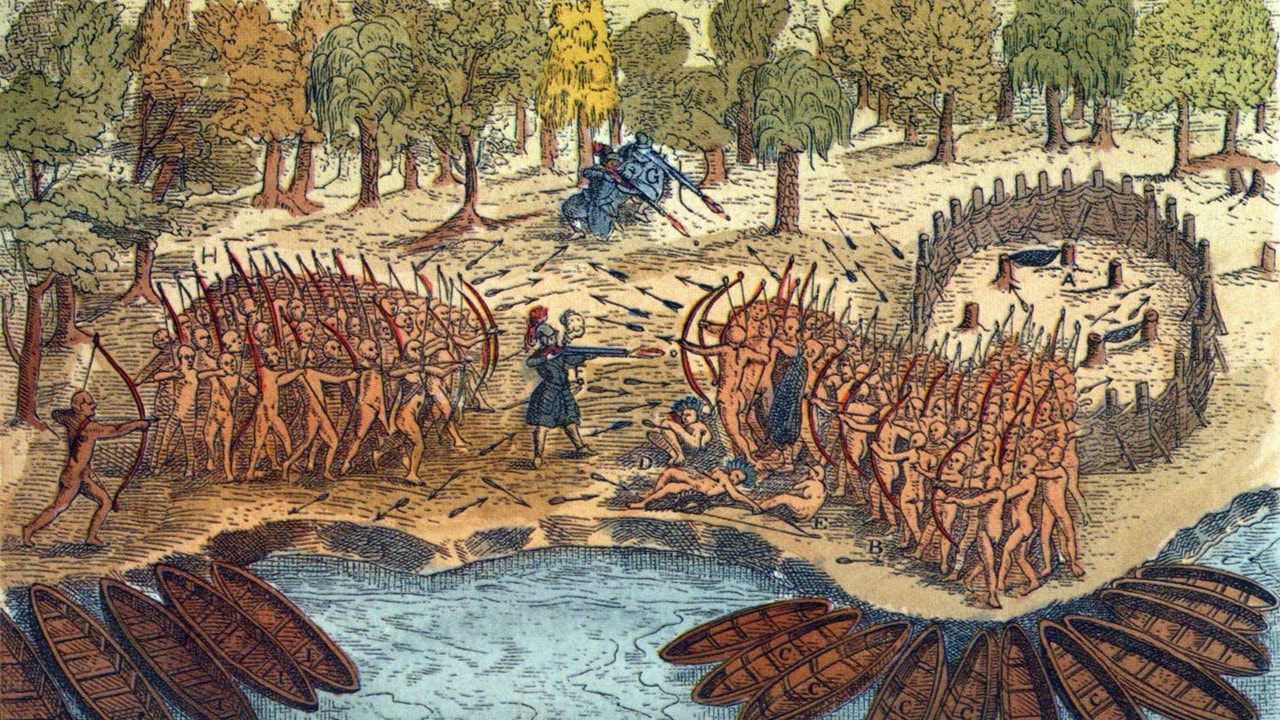Scott AndersonEzekiel 34:11-24 † Psalm 100 † Ephesians 1:15-23 † Matthew 25:31-46
A video version of this meditation can be found here. It’s all hindsight. All of it. No one was doing what they were doing in the story because they thought they were doing it “unto Christ.” They were just doing it. The surprise was that it was, or that it is the Holy One in those who were vulnerable. And everyone was surprised!. Everyone was surprised that this would be the thing that would set them apart—right from left, sheep from goats. When did we see you hungry or thirsty, or a stranger or with no clothes on your back, or locked up?
0 Comments
Scott AndersonAmos 5:18-24 † Psalm 70 † 1 Thessalonians 4:13-18 † Matthew 25:1-13 A video version of this sermon can be found here. Keep awake! That’s the message Jesus draws from this murky story in Matthew right before the parable of the talents which we’ll see next Sunday. There’s all this detail in the story—a bridegroom, but no bride anywhere to be found; lamps (which are really torches) and oil. Five brought oil, the other five didn’t. It’s not that they didn’t bring enough, they just didn’t bring any, or maybe they didn’t have any. And apparently there’s an all-night oil shop open somewhere down the road. All ten bridesmaids--virgins actually, fall asleep, by the way. All of them. The bridegroom arrives late, seriously late, and five make it into the party and five are shut out. And Jesus tells his listeners to keep awake. Scott AndersonIsaiah 5:1-7 † Psalm 80:7-15 † Philippians 3:4b-14 † Matthew 21:33-46
Long before our country was founded, this land belonged to the many indigenous tribes who had lived here for thousands of years. The tribes had their own customs and laws. They were deeply connected to the land and maintained rich wisdom traditions that were lost on the Europeans who came to conquer and colonize to sow a trail of tears through the continent. It is also true, of course, that even before European colonization, they fought one another. They were not unfamiliar with the cycles of violence we often find ourselves trapped in. One of the reasons for the constant conflict was a practice known as “mourning wars.” Tribal people had come to believe that the only way they could ease their pain when someone they loved was killed was to return like for like, to take revenge—to kill people from the offending tribe. Scott AndersonEzekiel 18:1-4, 25-32 † Psalm 25:1-9 † Philippians 2:1-13 † Matthew 21:23-32 Some of the most striking painted rock art in the world is found in the sea caves of Norway’s western coastline. They are located in wild, remote, Arctic areas where peaks plunge into the ocean, hammered by ice and wave actions over millennia. There are twelve such painted caves, containing around 170 simple stick figures, arms and legs stretched wide as if they are dancing or leaping. These are different that the far more common petroglyphs which have been carved into rock here and throughout the world by the ancients. These are paintings, made using iron oxide pigment, daubed using fingers or brushes some two to three thousand years ago by Bronze Age hunter-gatherer-fisher people who made their lives along an isolated coastline. The art that they made was preserved in remote caves in wild places. Scott AndersonJeremiah 2:4-13 † Psalm 81:1, 1—16 † Hebrews 13:1-8, 15-16 † Luke 14:1, 7-14
There’s a lot of things I love about doing this work I get to do with you. But one that always tends to bubble to the top for me is the privilege you sometimes give me to hold your stories—especially the most vulnerable and fragile ones. I wonder if you feel the same way about the life you share with one another? I wonder if you experience as well the mutual gift that it is to hold something fragile for someone else. I suspect those stories that feel most delicate for us feel that way because they scrape close to some of the deeper truths of our lives—those things we just can’t let go of, nor get past, the scars of our lives, the injuries that become something more. Their memories linger. They stay with us. Hold us and haunt us, and indelibly shape us. To share in those with you is, for me, to get close to bedrock, something deep and true and stable. Although it is also, and in the same breathless moment, to brush against something wild and feather-light. Maybe it’s something like this Hebrew notion of entertaining those angels unaware—our best nature and deepest truths—without knowing it, until the moment is past and all we have is the hindsight of resurrection and righteousness. Scott AndersonProverbs 8:1-31 † Psalm 8 † Romans 5:1-5 † John 16:12-15
I suspect our children understand far better than we do the implications of climate change on the future. It is, after all, their future, although we are the ones who have given it to them, such as it is. So let me offer you one simple illustration that caught my attention recently. Most of us are likely aware that populism is not simply an American phenomenon. We have a president who has made a decisively inward turn, advocating for walls and putting things in terms of insiders and outsiders both within and without our country. But we are not the only country where these explosive political dynamics have found new life. There is something of an international battle going on for the soul of our lives whether its arguments over Brexit in the UK, or Yellow Vest protests in France. These are all, at their roots, populist movements, that is, they are in revolt against elites, both in an economic as well as a political sense. Scott Anderson This is Hilary Cottam in a TED talk from 2015.[i] She’s a social entrepreneur whose been thinking much of her life about how we solve some of these deep and complex social problems that have been perplexing us for some time now. She has a new book out, called Radical Help[ii] that takes a deep dive into the welfare state and how we might remake it. As you can tell, she’s doing her work in Great Britain, and has spent most of her life in Europe and Africa exploring these questions. But I think her work speaks to our own experience in the states as well, and to the needs for many of our institutions to adapt to changing realities. In her presentation, Cottam goes on to provide a pretty stark picture of how the system as it currently is does not serve Ella well or others in similar circumstances, but may, in fact, work to keep them imprisoned in a cycle of despair, even as the people and the institutions they serve were and continue to be well-intentioned. Scott Anderson1 Sam. 2:18-20, 26; † Ps.148; † Col.3:12-17; † Luke 2:41-52
So tell me if this sounds familiar: “O daughter, you are blessed by the Most High God above all other women on earth; and blessed be the Lord God, who created the heavens and the earth, who has guided you…” Let me stop right there to ask you: Is it familiar? It sounds like Elizabeth, bursting out in song when Mary shows up at her doorstep, doesn’t it? “Blessed are you among women, and blessed is the fruit of your womb. And why has this happened to me, that the mother of my Lord comes to me?” It sounds like a song for Mary, mother of Jesus, for gentle Mary, meek and mild. But, as you may have guessed, this isn’t that. It’s actually a quote from the book of Judith, which you and I both know is not in our Bible, that is, not in the Protestant canon. But it is in the Septuagint, which is the early Greek translation of the Hebrew Bible or Old Testament that Jesus would have known. It is also in the Catholic and Eastern Orthodox canons. So I think we can talk about her, and some of the other women who were, like Mary, highly favored. Scott AndersonNumbers 11:4-6, 10-16 † Psalm 19:7-14 † James 5:13-20 † Mark 9:38-50
In his book of essays called My Story as Told by Water[i], northwest writer David James Duncan writes of the chasm between his father and himself. His dad was a World War II vet whose perspective had been forever fixed by the searing experience of liberating a Nazi concentration camp. Duncan was a product of the protest culture of the 1960s Vietnam era. His experience was not unlike many in that age. He describes it this way: In 1966, when I was fourteen, I began to question the war at our family supper table. The instant I’d speak up, my father would snap that the only reason I could criticize the war at all was that our troops in Vietnam were protecting my freedom to do so. I would argue back by saying that my freedom did not strike me as being dependent upon the clique of Saigon businessmen whom Americans were actually protecting, or on the deaths of the civilians our troops kept “accidentally” killing. Dad would then go off like a bomb, bellowing that I would never talk such rot if I’d seen a concentration camp. Duncan describes the escalating series of arguments and tensions that grew night after night at the dinner table as both father and son found themselves dug-in deeper and deeper like fox-holes in perspectives that were shaped as much by their stations in life—Duncan as a student watching young men his brothers’ ages going off to a senseless and unwinnable war, never to come back, his father as a veteran of a more comprehensible war with an identifiable enemy, a clearer finish, and now a defense-industry salary that supported his family, including his son of fourteen years. “I know now,” Duncan writes, “that no argument I could have constructed would have changed my father’s mind, any more than his ‘Nazi’ mantra could change mine. We needed wisdom.” Maggie Breen Genesis 9:8-17 † Psalm 25:1-10 † 1 Peter 3:18-22 † Mark 1:9-15
Cognitive scientists Steven Solma and Philip Fernbach have spent many a year asking anyone they can find if they know how a toilet works? How about a zipper? They want to know. Or a coffee maker? Do you know how those work? Yeah – yeah I have a reasonable idea how they work is the answer they would first receive. So then they follow up. Okay, can you explain to me exactly what it takes? How that toilet bowl empties, how the water in the Mr Coffee gets to the pot and how it gets heated, how those little prongs attach when you put on your favorite hoody. Then they let the person think for a while and try to explain as best they can how these processes they engage every day actually work. Finally they ask – so tell me again how would you rate your knowledge of how that toilet works? These researchers have spent time and effort measuring these dynamics very precisely - lots of well-designed questionnaires and sophisticated coding and exacting measurement - and what they have found is that in the vast majority of cases when we take the time to examine our understanding of some of the mechanisms around us we realize that we actually know quite a bit less than we think we do - on almost every subject. |
St. Andrew SermonsCategories
All
|








 RSS Feed
RSS Feed